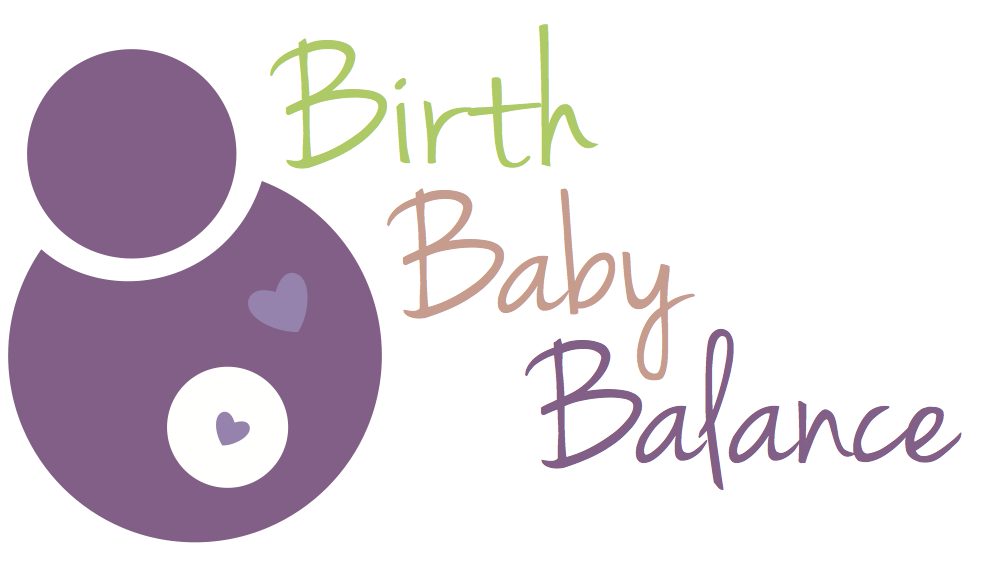Being a Birth Partner
/Being a Birth Partner, by Sarah
I work as a birth doula. I support couples through their labour and birth, on an emotional, physical and mental level. I see birth partners, in all sorts of birth situations, being the best support person they can possibly be for the woman they love.
Being a birth partner isn’t always easy. If you are not the parent who has been pregnant for nine months you may feel that you don’t know your baby as well and you don’t know how best to help the partner who is going to give birth.
What does a Birth Partner do?
How will you know what she is feeling, what she needs from you, what she is experiencing with your baby? The thing to remember is that when you are supporting in a birth room you may not need to do very much. The important thing is your presence in the room which can be incredibly powerful. Being fully present means focusing and engaging with the birthing woman in ways that are meaningful to her, keeping your emotional and mental connection, and letting her know that she is not alone. It may not look as if you are “doing” much, but just “being” - keeping up that level of connection for many hours without a break, can be incredibly full on.
Sometimes birth supporters are referred to as coaches. This is not always a helpful label, because being a coach sometimes suggests a lot of shouting or loud encouragement or putting on pressure to do better. What a birth partner needs to do is quietly, confidently and reassuringly enable the woman who is giving birth to find herself in a power, to believe in her ability to birth her baby, to gently support and encourage her when she feels that she can’t go on.
A loving touch, a reassuring smile, making and keeping eye contact, words of encouragement, can all go such a long way to helping that woman know that she is not alone and that the people around her believe in her and her power.
The Roles of the Birth Partner
Sometimes the birth partner may need to be a little more proactive. One of their roles could be described as that of an advocate. So they may need to ask or answer questions on the woman’s behalf, they may find it necessary to see if there are alternative ways to get the desired outcome, they may need to remind the caregivers what the woman has written in her birth plan, because they know that birth plan as well as the woman does. And if they feel that the caregiver who has been assigned to that woman is really not the right person at that moment in time it is the birth supporter’s job to request somebody else in the room instead. This is not always an easy thing to do, but could make the difference between a birth that goes well or one that ends up with some complications.
On a more practical level, the birth partner may need to remind the woman to drink regularly and stay well hydrated, and consequently to pee frequently so her bladder does not become too full. They may need to see whether the woman wants to nibble on snacks to keep her energy up, and may need to encourage her every now and then to change position to give her baby more opportunities to move down within her pelvis.
Feel better Prepared
If the birth partner has attended antenatal classes with the woman, and understands the process of labour, what can help and hinder it, and what to expect, they are likely to feel better prepared for whatever happens, and therefore better able to support the woman in the best way for her.
Sometimes labour can be very long, sometimes it can be very fast, neither situation means that something is wrong, but partners need to know how to cope in different situations.
There are times when partners don’t want to be at the birth, or women don’t want their partners there. There is often an unspoken assumption in our culture that the other parent will be there, but it is not the right place for everyone, and if either the woman or her partner don’t want the partner there, it is so important that they are able to have that conversation and decide who would be a better person to support the woman. If the partner is there against their wishes, or if the woman doesn’t want the partner there, then either way it can make the woman feel anxious or worried, which can have an impact on the hormones she produces and the progress of the labour.
For most people though, being at the birth of their child is the most amazing and life changing experience. They may see a power and an energy in their partner that they didn’t know she had within her, and often the non-pregnant parent comes away with a renewed sense of love, respect and awe for the birthing woman.
Read some more about what we can offer as a doula service here, as a birth partner option.





